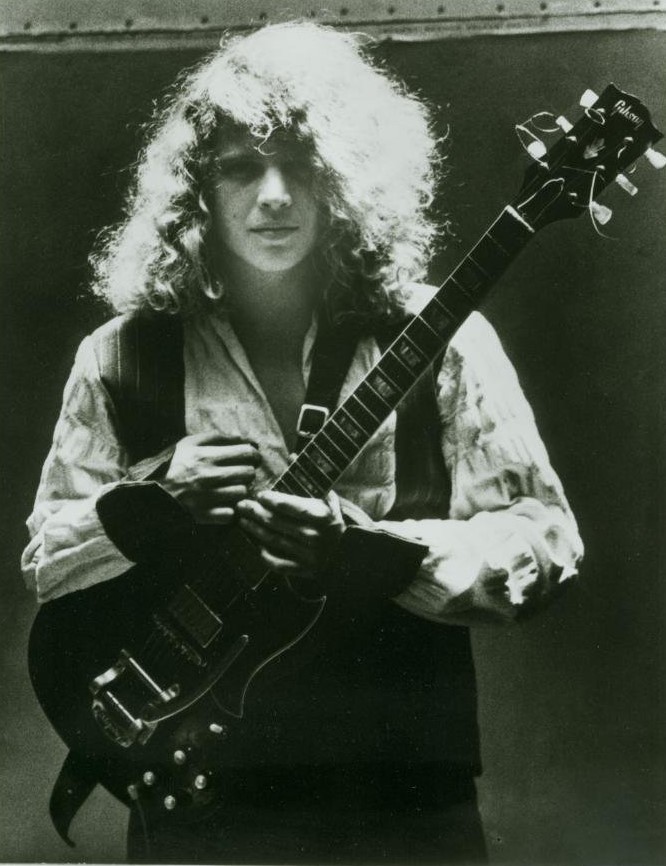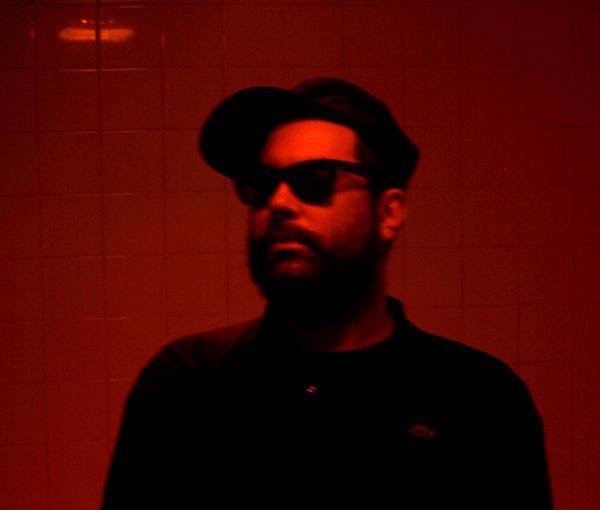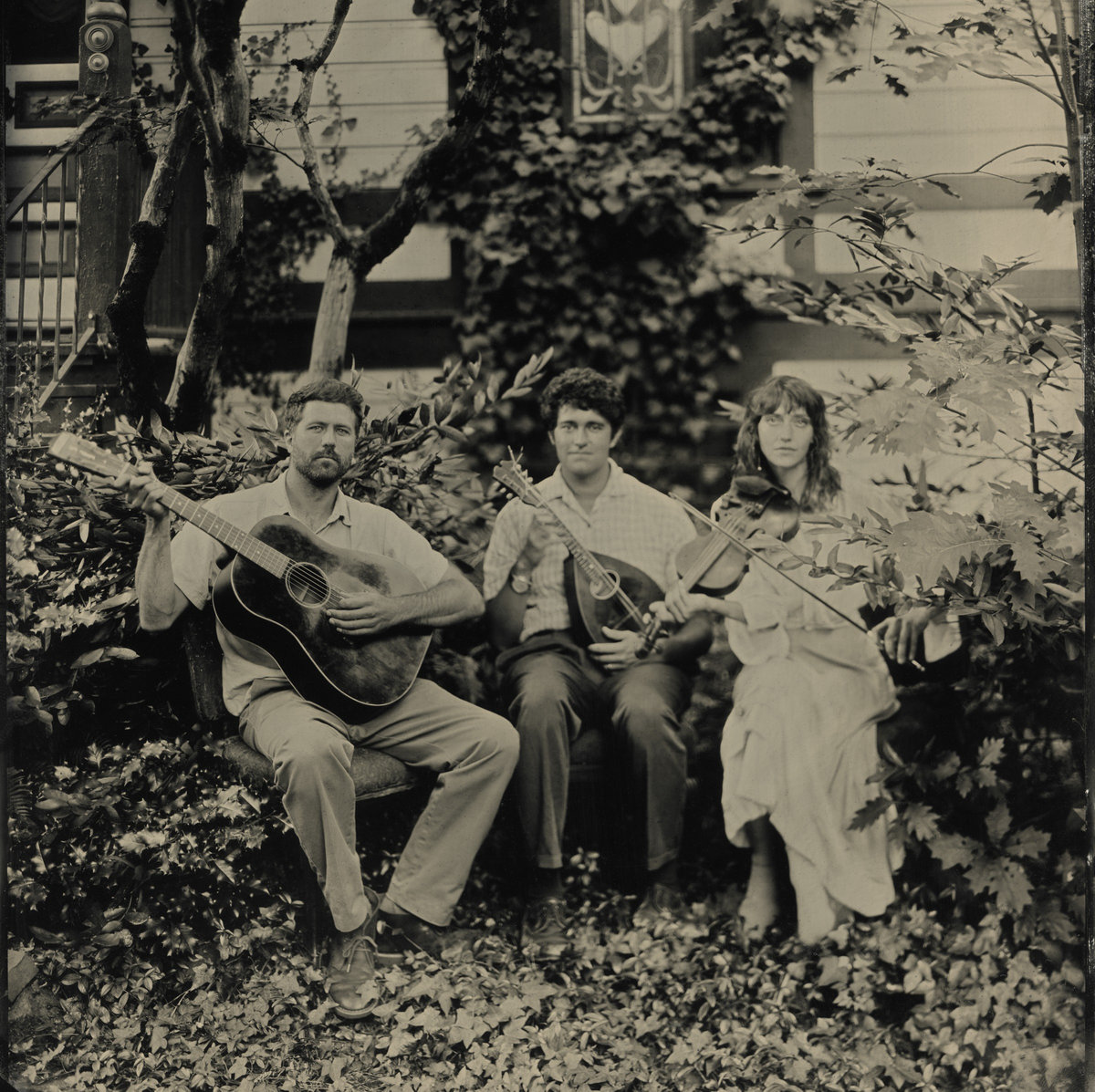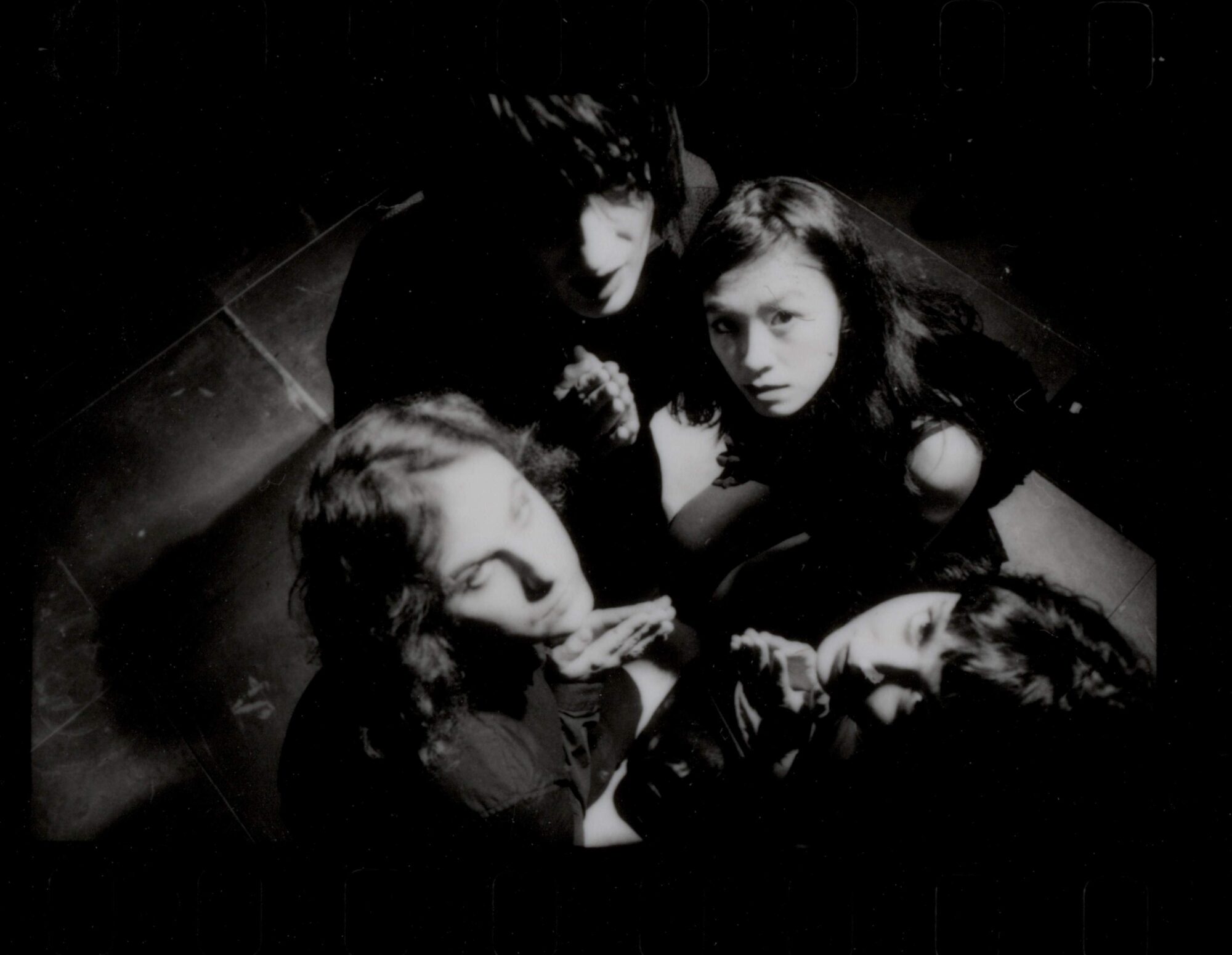Barry “The Fish” Melton | Interview | Jamasutra
Barry “The Fish” Melton is the co-founder and original lead guitarist of Country Joe and the Fish and Dinosaurs.
A summer 1964 hitchhiking excursion to the San Francisco Bay Area and his hometown of New York City yielded his first introduction to Joe McDonald at a Malvina Reynolds concert in the Bay Area. Upon graduating early from Ulysses S. Grant High School in January 1965, Melton enrolled at San Francisco State University after becoming a devotee of faculty member S. I. Hayakawa’s writings on general semantics. Dissuaded by the fact that Hayakawa only taught upper-division courses and “lured away by the music,” he dropped out after ten weeks, reuniting with McDonald in nearby Berkeley, California; paralleling the development of such groups as the Grateful Dead, various duo and jug band-oriented permutations of their act (centered on the Jabberwock, a Berkeley coffeehouse) would ultimately evolve into Country Joe and the Fish by early 1966.
His most recent project is called Jamasutra and it’s a collaborative effort with Stéphane Missri. They just recently released their debut album entitled ‘Revolution Down the Road’.
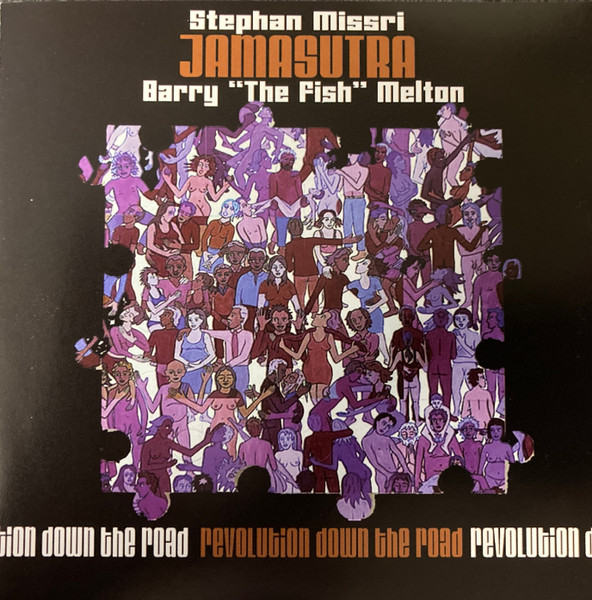
“I am one of the first musicians to bring Middle-Eastern, Indian and Japanese influences into rock music”
What can you tell me about your new project you started with Stéphane Missri?
Barry Melton: Several years ago, I had a booking in Paris. I could not afford to bring in my own band from England, and my booking agent assembled a backup band of musicians from Paris. Among the band members were guitarist, Stéphane Missri, and drummer, Christophe Rossi. We thought what we were doing sounded good. It sounded unique and blended well, despite the fact we had never met each other and we had never rehearsed. We made plans to work again the following year and we eventually decided to record together under the name Jamasutra.
Jamasutra released a brand new album, ‘Revolution Down the Road’. How and where did you record it?
The album was recorded in a studio in Chennevières, in Val-de-Marne, just outside of Paris. I flew back and forth from the United States three times to record it.
How did you get the idea to record an album together?
Stéphane Missri lives just outside of Paris and is constantly in demand as a guitarist throughout France, Germany, the Netherlands and Spain. He is incredibly talented and has a range of styles from Gypsy music to American “Country Music.” In fact, he has also played banjo in one of France’s top Bluegrass bands. I think we kind of instantly connected as guitarists – it was magical. I am very proud to be working with Stéphane on this album; and I believe his talents as a singer and songwriter are evident from listening to the Jamasutra album. It amazes me that it took Stéphane so long to release his incredible material.
“The extraordinary level of communication we enjoy as a band that makes Jamasutra so very special”
There is also Charles Jannic on bass and Christophe Rossi on drums.
Christophe Rossi is best known to French music lovers as an editor of “Batteur,” the French drumming magazine; he is a solid drummer with an extraordinary range of experience. Charles Jannic is Danish and, without doubt, he is a bassist of extraordinary talent. What really matters with Christophe and Charles is the very special level of communication they enjoy on a musical level. In fact, because much of what we do is improvisational, it is the extraordinary level of communication we enjoy as a band that makes Jamasutra so very special.
Are you satisfied with how it turned out?
I am very satisfied with how the first Jamasutra album turned out. I think it is a great debut album. Hopefully, this album will be successful enough to afford us the opportunity to make another album, because we are so new at this, we can only get better.
I really enjoy the feel of “Middle-Eastern” music on your album.
I am really proud of the fact that I am one of the first musicians to bring Middle-Eastern, Indian and Japanese influences into rock music, back in the 1960’s. It seemed like a huge step at the time, bringing world music influences into a music founded on the blues. Now, rock has spread all over the world and is influenced by whatever culture the musicians who play it come from. I had the opportunity last year to play with the Banglumpoo Band, one of Thailand’s great blues bands and they are extraordinary in their ability to meld a solid blues beat with Thai lyrics (they also are adept at playing American blues music and, with a blindfold, the average listener would likely believe they came from Alabama, Chicago or Mississippi).
What are future plans for the band?
I am very much hopeful that ‘Revolution Down the Road’ will bring enough success to Jamasutra to demand another album. If we are fortunate with this release, we would hope to be playing in Europe later this year.
Are you working on something else?
I have a live video DVD project I am hoping to finish this year. And, of course, I continue to write music and songs and don’t intend to stop!
Last words are yours.
I am really happy to see the young people of the world coming together and demanding freedom. I have been a part of that struggle all of my life. We can make this a better world, if we work together. Thank you, Klemen, for this opportunity to share my thoughts.
Klemen Breznikar

